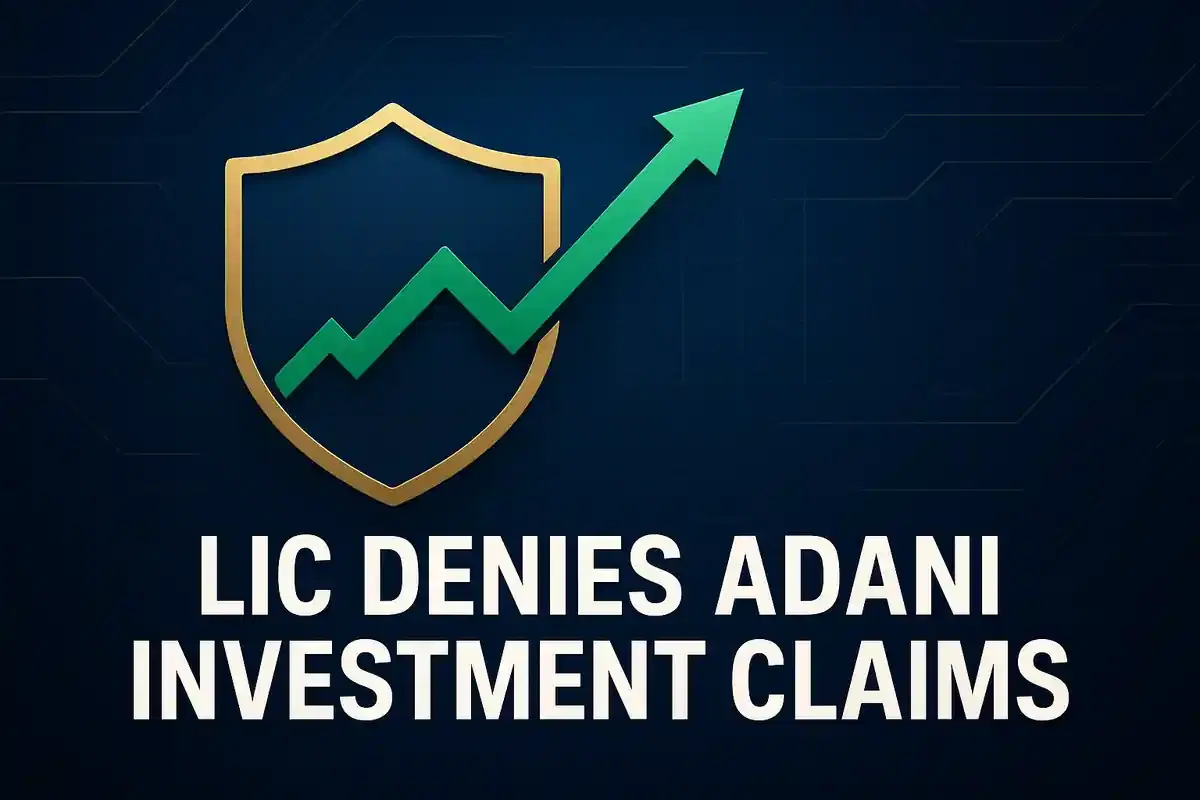LIC Denies Washington Post Claims of Influenced Adani Group Investments
Insurance
|
28th October 2025, 6:10 PM

▶
Stocks Mentioned :
Short Description :
Detailed Coverage :
Life Insurance Corporation of India (LIC) has reiterated its denial of allegations made by The Washington Post newspaper. The report claimed that LIC's decisions to invest in companies belonging to the Adani Group were influenced by external parties and government bodies, including the Department of Financial Services, Ministry of Finance, and NITI Aayog. The Washington Post cited internal documents suggesting a proposal to channel approximately USD 3.9 billion (Rs 32,000 crore) from LIC into the Adani Group.
LIC has categorically stated that the documents mentioned in the report were neither issued by LIC nor received by LIC. Furthermore, the insurer clarified that it has not received any instructions from the government concerning investments in any entity within the Adani Group. This marks the second public rebuttal from LIC, as they had previously dismissed the allegations on Saturday as "far from the truth" and baseless.
LIC emphasized that its investment decisions are made independently, adhering to board-approved policies and rigorous due diligence processes. The company clarified that bodies like the Department of Financial Services do not play a role in these investment decisions. LIC asserts that it upholds the highest standards of due diligence in compliance with all relevant acts and regulatory guidelines, acting in the best interest of its stakeholders. LIC believes the Washington Post report aims to damage its reputation.
Impact This news directly addresses concerns about corporate governance and potential market manipulation involving significant Indian entities. While LIC has denied the claims, the allegations themselves can lead to investor caution regarding both LIC and Adani Group stocks, potentially causing volatility. However, LIC's strong denial and explanation of its independent process aim to restore confidence. Rating: 7/10.
Difficult Terms: * Due diligence: A thorough investigation or audit of a potential investment or product to confirm all facts, such as financial records, and to ensure it is sound. * Stakeholders: Individuals or groups who have an interest in a company, such as shareholders, employees, customers, and creditors. * Public sector insurer: An insurance company that is owned and operated by the government. * Conglomerate: A large company composed of a number of different companies and activities.